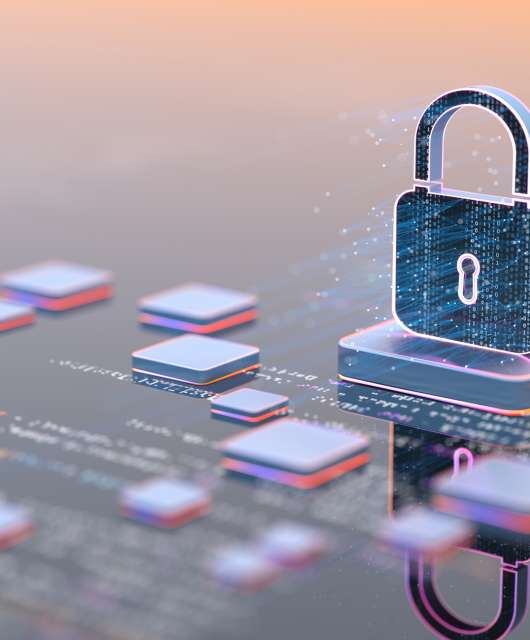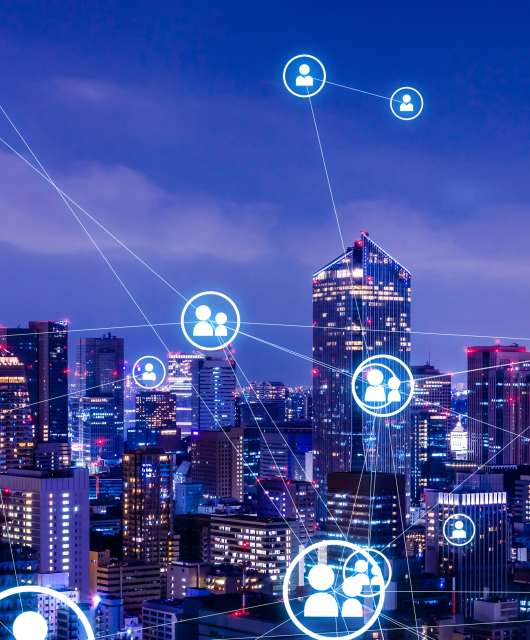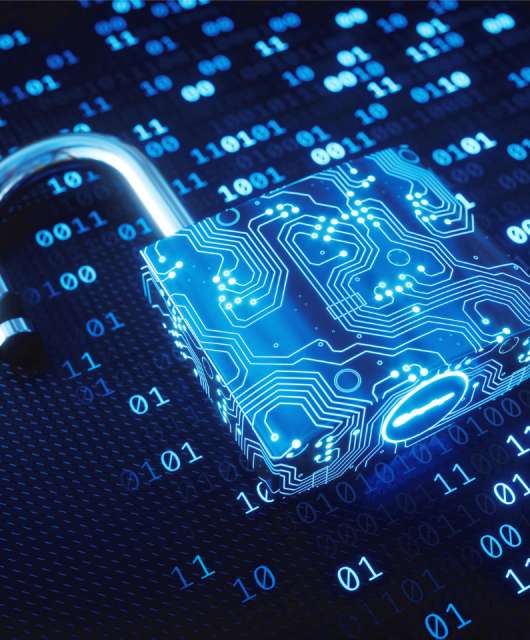In an era where digital threats evolve at breakneck speed, a surprising trend has emerged: Gen Z, the first true digital natives, are increasingly becoming the weak link in workplace cybersecurity. Despite having brought up with computers and the internet, this generation faces unique challenges in navigating the complex landscape of online threats. And artificial intelligence (AI) is set to make things even worse through new, more sophisticated attacks.
You might be interested in: Hackers and AI – Should we be worried?
Too trusting?
Recent studies paint a concerning picture. According to CybSafe’s Annual Cybersecurity Attitudes and Behaviors Report, 69% of Gen Z respondents expressed confidence in recognizing phishing emails and malicious links. Perhaps not surprising given how common phishing attacks are these days.
However, this confidence appears misplaced when compared with their actual behavior. A staggering 52% of Gen Z admitted to including personal information in their passwords (like birthdays or pet names), a practice that significantly increases vulnerability to cyberattacks.
AI: Making life easier for everyone (including hackers)
The rise of AI has added another layer of complexity to the cybersecurity landscape. While 72% of Gen Z reported using AI tools for work and leisure, they also demonstrated a concerning lack of caution. Nearly half (46%) admitted to sharing sensitive work information with AI tools without their employer’s knowledge.
This behavior not only puts company data at risk but also highlights a critical gap in understanding the potential dangers of AI in the wrong hands. Information could be used to launch new, personalized attacks, or reusing IP and data to commit copyright violations.
The training disconnect
Despite the clear need for robust cybersecurity education, there’s a significant gap in training accessibility and effectiveness. The CybSafe report revealed that 56% of participants do not have access to any cybersecurity training – they are effectively on their own when identifying and avoiding attacks.
Even more troubling, when training is available, Gen Z (22%) and millennials (18%) show the highest rates of abandonment. They will often stop using crucial security tools like password managers, increasing their risk of being compromised.
You might be interested in: 10 Cybersecurity Measures That Experts Follow (and You Should, Too!)
Anxiety and vulnerability
Cybersecurity challenges have a psychological effect on younger employees. Nearly two-thirds of Gen Z and millennial workers fear job loss if they compromise their organization’s security.
This is where a lack of training further compounds issues. Younger generations are significantly less likely to understand their company’s procedures when dealing with cyberbreaches leaving both the individual and their employer exposed to harm.
It’s not all bad news
Despite these challenges, there are reasons to be optimistic. Gen Z does have a growing awareness of cybersecurity issues, the first step towards improving knowledge and skills. In time, these young people could – and should – be empowered to become the first line of defense against hackers.
As the digital landscape continues to evolve. Bridging the gap between Gen Z’s technological comfort and their cybersecurity practices will be crucial in building a resilient defense. This is necessary to face the ever-growing range of online threats.







